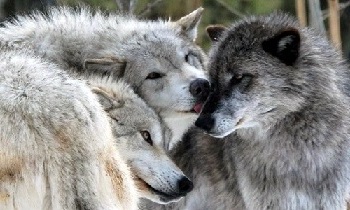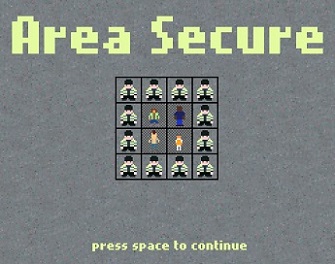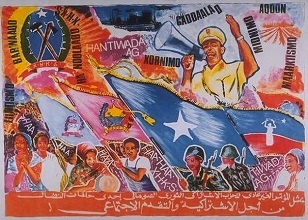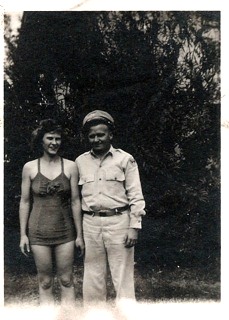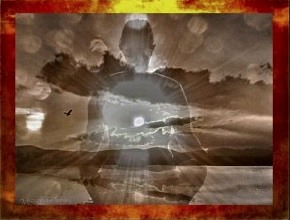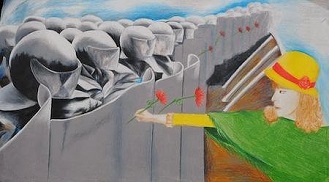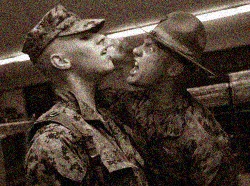Wolf Country
This year marks the 20th anniversary of wolf reintroduction in Yellowstone National Park. From 66 released originally they've increased to over 300 and are no longer endangered. That they thrive here is not surprising, for they are creatures of this raw land in a way that we aren't. Wolves are fitted to this environment, and so to understand them, we have to know the country that nurtures them.
The area from Yellowstone to central Idaho has one of the lowest densities of human population in the United States. Those who do live here are held in thrall by land and weather, too harsh for most of our species. The elements keep us ever on the defensive without even noticing us.
People claim to own this country, but she owns us. Daily she teaches us how small our power is: we are like children clinging to a shaggy bison, helpless riders on a massive beast. We had enough power to exile the wolves, but then the wilderness was no longer whole, the grazing herds became unhealthy, and we had to bring back these culling predators. The banishment was short from their time frame.

























